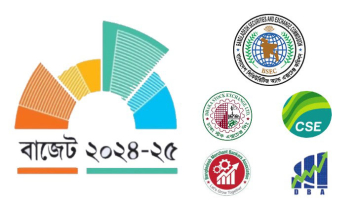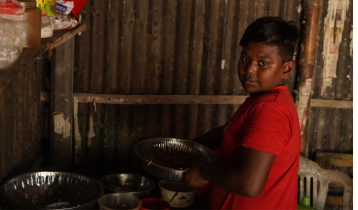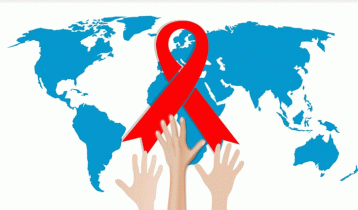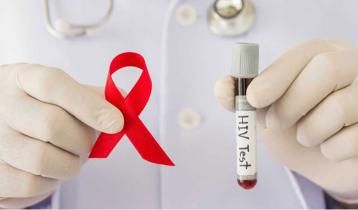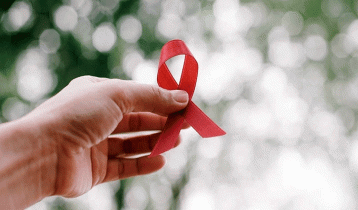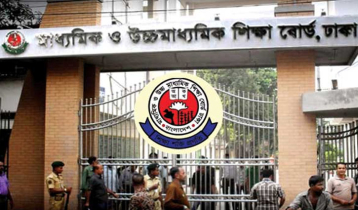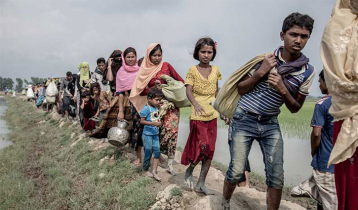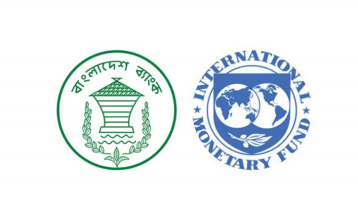Awareness needed, not fear
Hasan Mahmud || risingbd.com
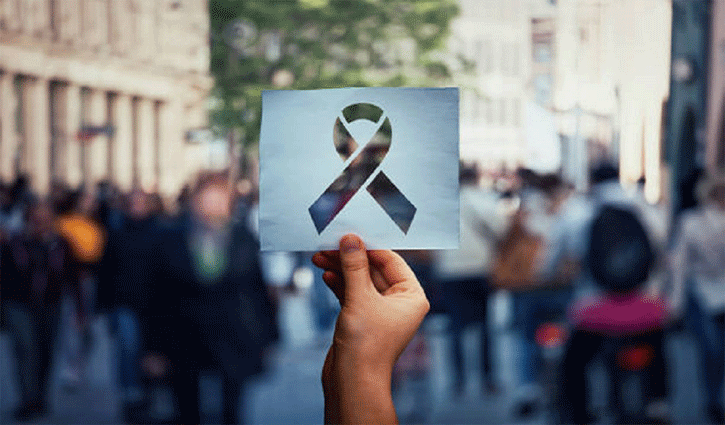
In some African countries, India and Thailand, many people believed that after contracting AIDS, having sex with a virgin girl or someone who has no sexual experience will get rid of the HIV virus. But that was completely a wrong idea. Rather, many virgins were affected. This belief has led to the rape of virgins in those regions.
At 16th century in Europe, when syphilis and gonorrhea were contracted, similar beliefs were prevalent. But even in that case intercourse with virgins is not effective. Many such myths may not exist now. But the level of awareness about AIDS is still very poor in many countries of the world. Experts says, AIDS is one of the most important health crises in the world.
Societal scorn and pity engulf the entire family when afflicted with this deadly disease. The contempt caused by the society has pushed him and his family members into the darkness of despair. They are alive but because of this existence there is no life.
Still, such kinds of situations are prevailing at the grass root level of the country. In this situation, the experts feel that conduct more awareness programs along with the treatment facilities is much needed.
Three patients are diagnosed every day
In this year, 1 thousand 250 people were newly infected with AIDS in Bangladesh. That means, at least three AIDS patients are diagnosed in the country every day. Experts say, the necessary campaign to prevent HIV is not being carried out among the general population of the country. As a result, a large population is at risk.
According to the data of the Department of Health, 658 patients were diagnosed with AIDS in 2020. In 2021, this number is 729. In 2022, 947 AIDS patients were diagnosed. That is, 303 more patients have been identified this year than last year. Out of the 1,250 newly identified people this year, the number of ordinary people is more. In second position are male sex workers (homosexuals) and people of the third gender.
Risk is high at Bangladesh
At early, intravenous drug users, transgender people and sex workers were at most risk of HIV infection in the country. Currently, the infection among them is decreasing. Infections are increasing at an alarming rate among gay men. Apart from this, in 2022, HIV infection detection program started in 9 prisons of the country. In the current year, 7 people from 9 prisons have been diagnosed with HIV. Most of them are accused of drug cases.
According to the Department of Health's AIDS Program, 20 to 25 percent of newly diagnosed AIDS patients each year are immigrants or their family members. Although HIV testing is mandatory before entering some countries, including the Middle East, no action is being taken to return home after being infected. As a result, it is not possible to prevent the transmission of this disease among family members.
The information about the spread of AIDS in the form of an epidemic has already been published in the neighboring countries of Bangladesh, India, Myanmar and Nepal. Bangladesh is still considered as a mildly affected country in terms of the incidence, but Bangladesh is also vulnerable due to the rapid spread of the disease in neighboring countries India and Myanmar. According to UNAIDS data, about 14,000 people in Bangladesh are currently infected with HIV, and many more are at risk. However, only 8 thousand patients are covered under the treatment.
Medical scientists in developed and developing countries are continuing research to prevent AIDS. Until a vaccine is discovered, people can stay free from HIV infection by taking some preventive measures. For example, stopping promiscuous sex and establishing safe sexual relations, ensuring the use of condoms, testing the blood of blood donors before collecting blood, checking whether the mother had AIDS during pregnancy, using sterilized needles and syringes, refraining from consuming drugs, encouraging the media to Activate the matter.
More Awareness Needed
HIV and AIDS are not the same. HIV is a virus and AIDS is a disease caused by HIV. HIV infection does not always lead to AIDS. Initially, influenza-like symptoms may be seen in some cases. After that, no symptoms appear for many days.
As the attack of the HIV virus increases, the body's immune system weakens and the risk of the infected person to develop common infectious diseases increases. There may even be tumors, which only occur in people whose immune systems are not functioning properly. This stage of HIV infection is called AIDS.
Most patients infected with HIV carry the disease without any symptoms. But sometimes some specific symptoms may appear after 6 to 7 weeks of being infected with this virus. Such as fever, sore throat, headache, sores inside the mouth, prolonged cough, deterioration of health, swollen lymph nodes etc. These symptoms resolve without treatment, which is why the patient is unaware of the virus. HIV can live in the human body for up to 10 years without any symptoms.
Currently, AIDS has caused global panic as a terrible disease. This disease was first discovered in America in 1981. Since 1985, the World Health Organization has recommended blood donation only after screening for HIV-free blood before transfusion. Once the death of a person with AIDS was inevitable, the disease was called a killer disease.
According to medical scientists, the human body can be infected with AIDS in different ways. If the blood or semen or uterine juice of a person with AIDS comes into contact with the blood, body fluids or mucous membranes of a healthy person, HIV and AIDS spread. These interactions can occur in a variety of ways. Such as promiscuous sex, taking blood from an AIDS patient, using syringes used by an infected person, including organ transplantation or dental treatment or surgery.
Social movements must be strengthened to save ourselves, society and humanity from AIDS. For this, along with individual awareness, the relevant government and non-governmental organizations have to play an important role.
Expert opinion
Director of Health Department (STD, AIDS) Dr. Shah Mohammad Jasim Uddin told, earlier there was infection in 23 districts, so activities were conducted there on a priority basis. The program will be conducted in 64 districts from next July. He said, "The tests have increased, so the number of patients may increase slightly this year. All our logistics have normal delivery. There is no shortage of medicines either. We are optimistic that by 2030 we will be able to achieve the target.
Dhaka/AI


